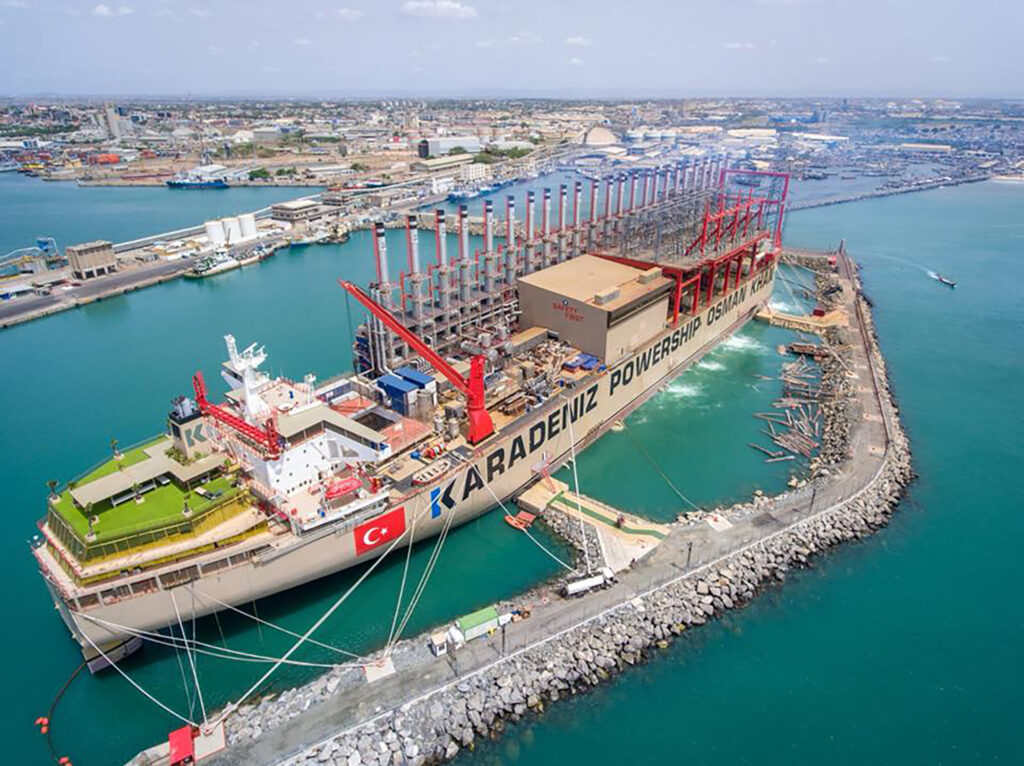As the battle over shares in Karpowership SA ensues, public attention is drawn to the recent announcement of Powergroup SA as the local empowerment partner for Karadeniz Holdings, the majority shareholder in Karpowership SA. Allegations are emerging regarding a possible connection between Powergroup SA’s shareholders and politicians involved in the bid process, raising questions about the transparency and fairness of the awarding process.
It comes to light that Powergroup SA failed in its recent court bid to prevent the Turkish company, Karadeniz Holdings, from reclaiming its shares in the floating power plant project. While the Johannesburg high court has officially ruled on the matter, a more complex narrative is unfolding in the public eye.
With Karpowership SA winning three bids for a total contracted capacity of 1,220MW, concerns are escalating about Powergroup SA’s close ties with politicians who had significant sway in the bid process. There’s growing suspicion that these affiliations may have contributed to Powergroup SA’s partnership with the majority shareholder, Karadeniz Holdings.
Amidst this turmoil, the floating power plant venture has been hit by a series of legal challenges and delays in securing the necessary environmental approvals. The potential cost of the Karpowership projects over a 20-year timeframe could surpass R200bn, inclusive of fuel supply, which stands as a significant investment for the South African economy.
Adding to the controversy, Powergroup SA has accused Karadeniz Holdings and Karpowership SA of “fronting”, stating that the agreements between the entities contravene the Broad-Based BEE Act. This raises further questions about the legitimacy of their partnership and whether Powergroup SA was genuinely benefiting from the deal or merely served as a facade.
Reports from the Sunday Times delve deeper into the issue, highlighting Powergroup SA’s ongoing private arbitration with Karadeniz. The crux of the dispute revolves around funding notices that now form the basis for their removal.
While the court case and arbitration continue, eyes are firmly on the wider implications of this partnership. The outcome of this matter could shed light on the depth of the alleged political collusion and what it means for future projects in the South African energy sector. As the nation grapples with energy challenges, transparency and trust in these ventures are paramount.
